10 Plants With Beautiful Berries: Trees And Shrubs With Red Berries
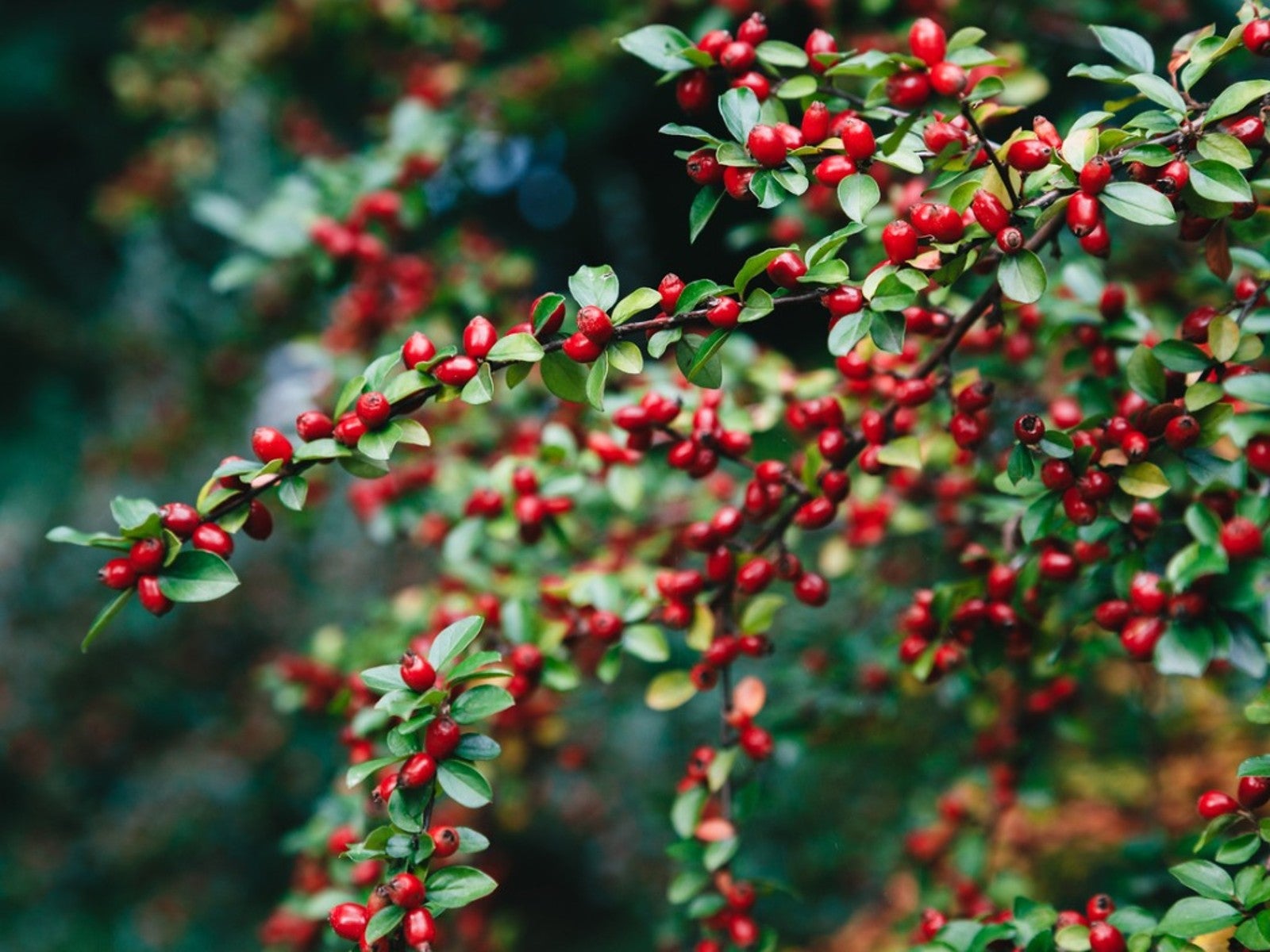

Nothing in nature says CHRISTMAS louder than a plant with red berries and green leaves. Someone might think of holly, someone else crabapple – and both are right. There isn't just plant with red berries and green leaves... there are dozens! You’ll find red berries on shrubs and trees as well.
Most plants have green leaves, so the question is: What plants have red berries? Read on for 10 great trees and shrubs with beautiful Christmas-red berries.
What Plants Have Red Berries?
Red berries on shrubs are more common than you might think, but not all bear fruit around the holidays. Some bloom in spring and fruit in summer, like high bush and low bush cranberries, strawberries, and raspberries; here and gone before the first frost.
But other trees and shrubs that produce red berries hold onto the fruit all autumn and into the winter. These are the ones that give us most winter pleasure and help wild birds and small mammals make it through the cold season.
Red Berries That Grow on Bushes
1. One berry bush that is less well known than the cranberry but equally beautiful is the red chokeberry bush (Aronia arbutifolia). The tart berries appear in summer and are excellent for jams. The bush has added ornamental appear the shiny green leaves turn reddish-purple in fall.
2. Another plant with red berries that you may not know is the winterberry (Ilex verticillata). It’s a deciduous holly, not the kind you deck the halls with at Christmas, but a shrub that drops its leaves in winter. The gleaming red berries are loved by the birds and extremely ornamental.
3. The bunchberry (Cornus canadensis) is a low-growing shrub in the dogwood family. It is extremely cold hardy, surviving weather down to -40 degrees in winter. It is an erect perennial, identifiable by its green leaves with parallel veins and the bunches of bright red berries. To add to its ornamental value, the bunchberry flowers in early summer, and its leaves turn brilliant red in autumn. This shrub is native to the north of the country and requires acidic soils.
Gardening tips, videos, info and more delivered right to your inbox!
Sign up for the Gardening Know How newsletter today and receive a free copy of our e-book "How to Grow Delicious Tomatoes".
4. We’ve mentioned cranberry shrubs, but how about cranberry cotoneaster (Cotoneaster apiculatus)? It doesn’t get very high, no more than 3 feet (1m.) high, it makes up for it by spreading. The small, pink spring blossoms give way to round, blood-red fruit that last into winter.
5. Who can resist a bush with a common name of wild coffee? Wild coffee (Psychotria nervosa) is an easy-care native shrub with tiny crimson berried and shiny green leaves. It’s a cold sensitive bush, but if you live in Florida, be sure to look for it.
Red Berries That Grow on Trees
6. American holly (Ilex opaca) resembles English holly, one of the most famous plants with red berries and green leaves. The leaves are glossy with sharp spines and the berries are a jolly shade of red. The tree can grow to 50 feet tall (16m.) in mild climates.
7. But that’s not the only holly that qualifies. Less famous, longstalk holly (Ilex pedunculosa) pleases with its spineless leaves, a rich, dark green, and shiny red berries. It grows to some 30 feet (10 m.) and is perfect for a specimen tree.
8. Hawthorns (Crataegus spp) may have long, nasty thorns, but they also light up the winter with bright red fruits that hang on the tree into the cold season. The fruit follows white spring blossoms. persist into winter. You’ll find particularly appealing fruit with the cultivar Winter King hawthorn (Crataegus viridis 'Winter King').
9. Eastern wahoo (Euonymus atropurpureus) generally stops growing at about 12 feet (4m.) tall, but we’re going to classify it as a small tree for the purposes of this article. This Iowa native starts off the growing season with dark purple spring flowers in late spring, followed by deeply lobed fruit. They spot open in fall to reveal red, berry-like seeds.
10. Another small tree, staghorn sumac (Rhus typhina), is one of the first to blaze in fall foliage, its foliage morphing into yellow, orange and red. Female sumac trees produce upright fruit clusters, and the berries turn brilliant red in fall. They hang onto the tree through winter.

Teo Spengler is a master gardener and a docent at the San Francisco Botanical Garden, where she hosts public tours. She has studied horticulture and written about nature, trees, plants, and gardening for more than two decades. Her extended family includes some 30 houseplants and hundreds of outdoor plants, including 250 trees, which are her main passion. Spengler currently splits her life between San Francisco and the French Basque Country, though she was raised in Alaska, giving her experience of gardening in a range of climates.
-
 Looking For Plants To Give You The Soft And Fuzzies? Try These 5 Fuzzy Leaf Plant Options
Looking For Plants To Give You The Soft And Fuzzies? Try These 5 Fuzzy Leaf Plant OptionsLovers of texture, drama, silver foliage and tactile plants will adore these special sensory garden additions. These fuzzy leaf plant options will leave you all aglow
By Susan Albert
-
 Get Ready For A Summer Of Hummers! Grow These Full Sun Hummingbird Plants and Flowers
Get Ready For A Summer Of Hummers! Grow These Full Sun Hummingbird Plants and FlowersIf you’re lucky enough to enjoy a sunny backyard, make sure you are maxing out on your pollinator opportunities and grow these full sun hummingbird plants and flowers
By Tonya Barnett
-
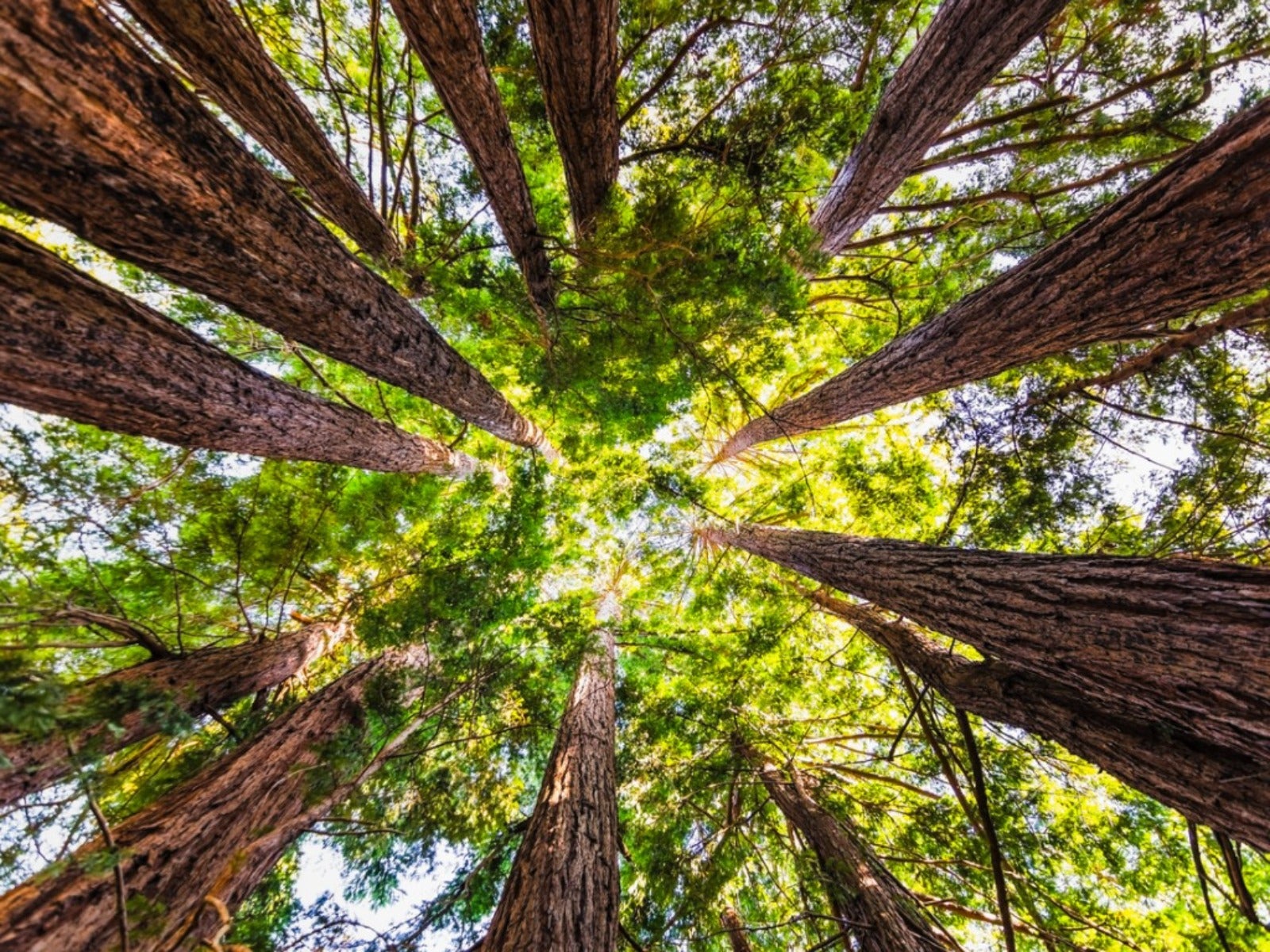 Best Trees For Carbon Sequestration And Climate Change
Best Trees For Carbon Sequestration And Climate ChangeLet’s keep planting trees. They are our best bet for capturing carbon and may help with our global warming issues.
By Teo Spengler
-
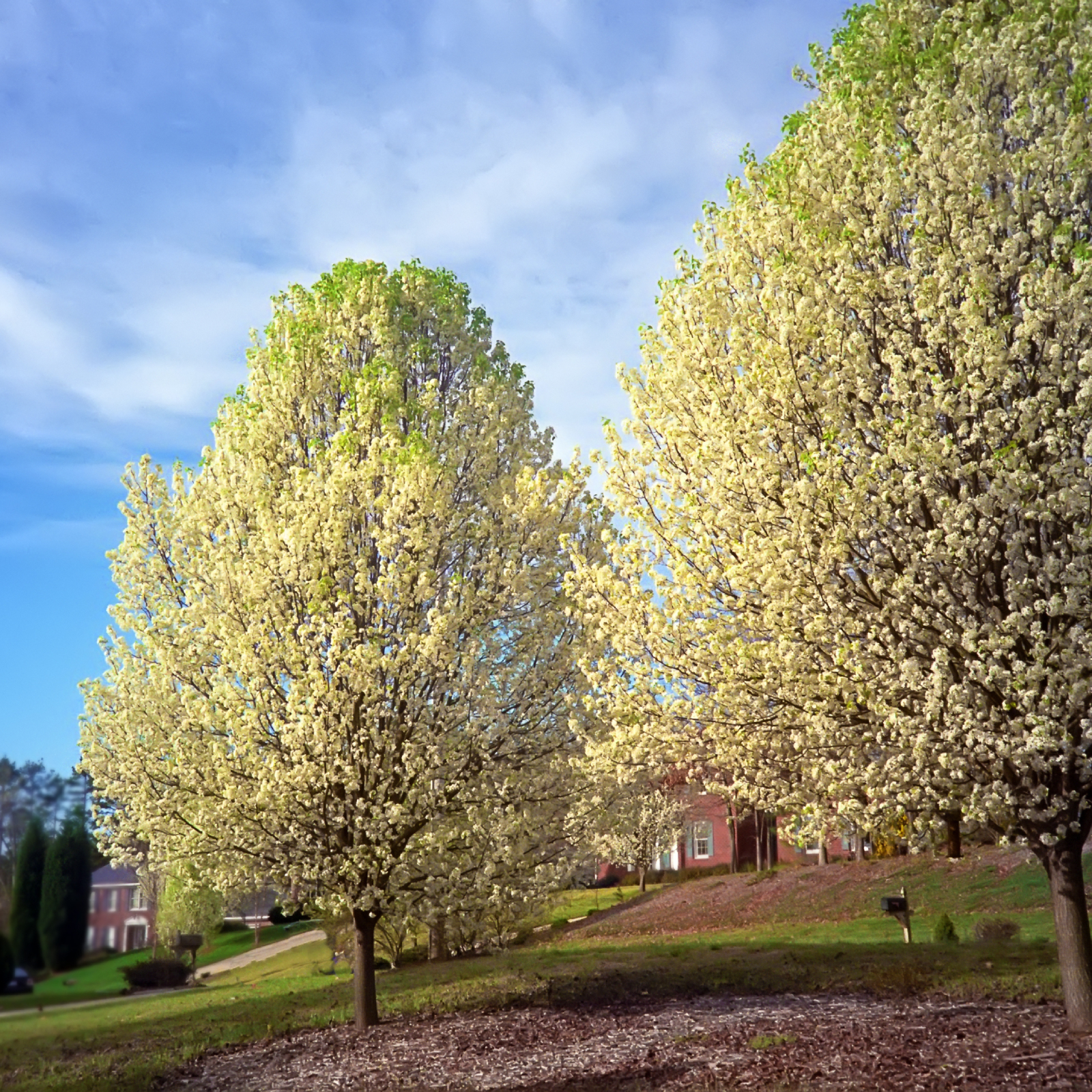 7 Invasive Trees You Should Never Plant In Your Yard Or Garden
7 Invasive Trees You Should Never Plant In Your Yard Or GardenWhat are some invasive trees you should never plant in your yard? Click here to find out.
By Teo Spengler
-
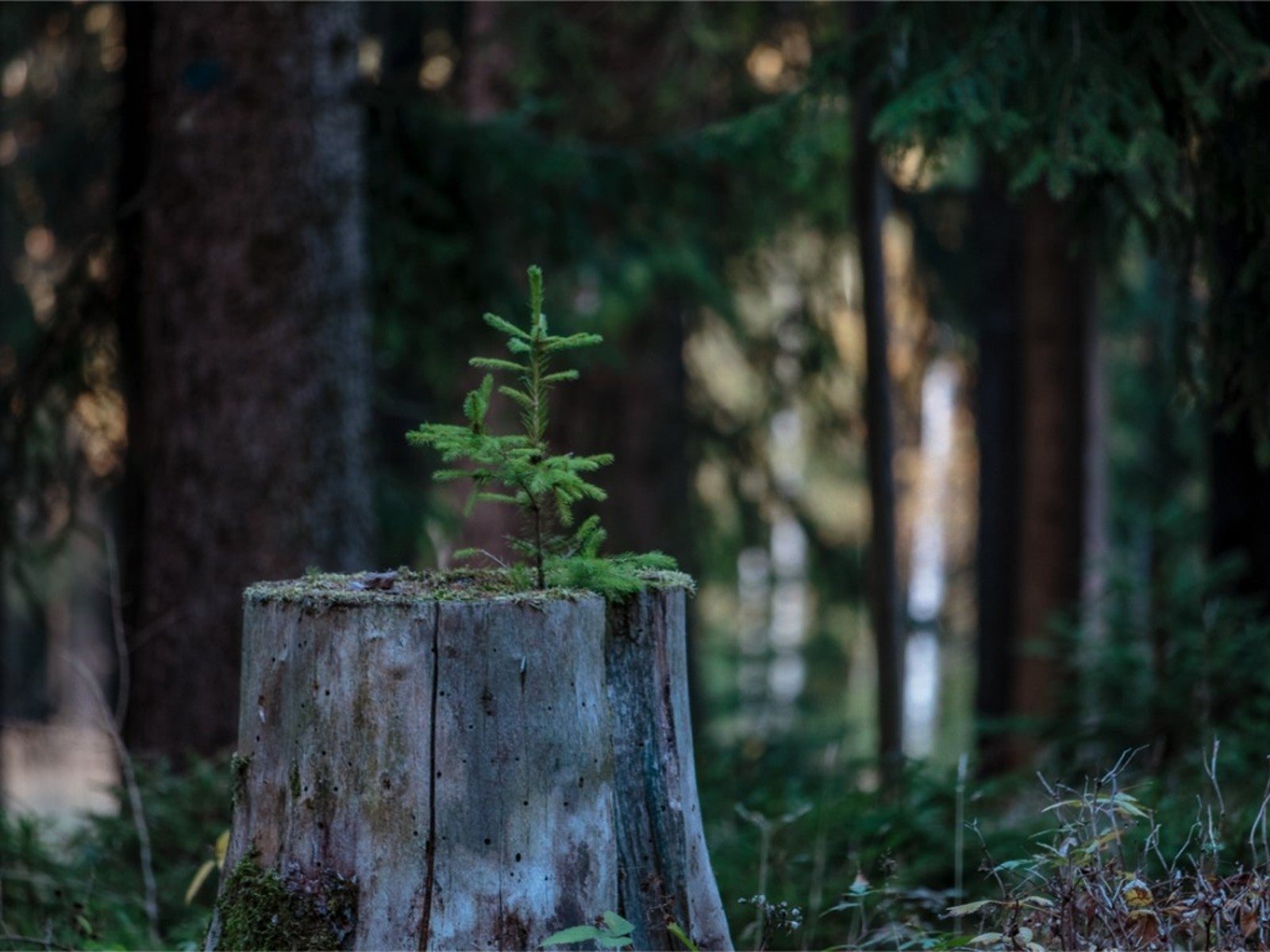 How Close Can You Plant A Tree To A Stump?
How Close Can You Plant A Tree To A Stump?Looking to plant new trees near old stumps or where stumps have been removed? Click here to learn how.
By Teo Spengler
-
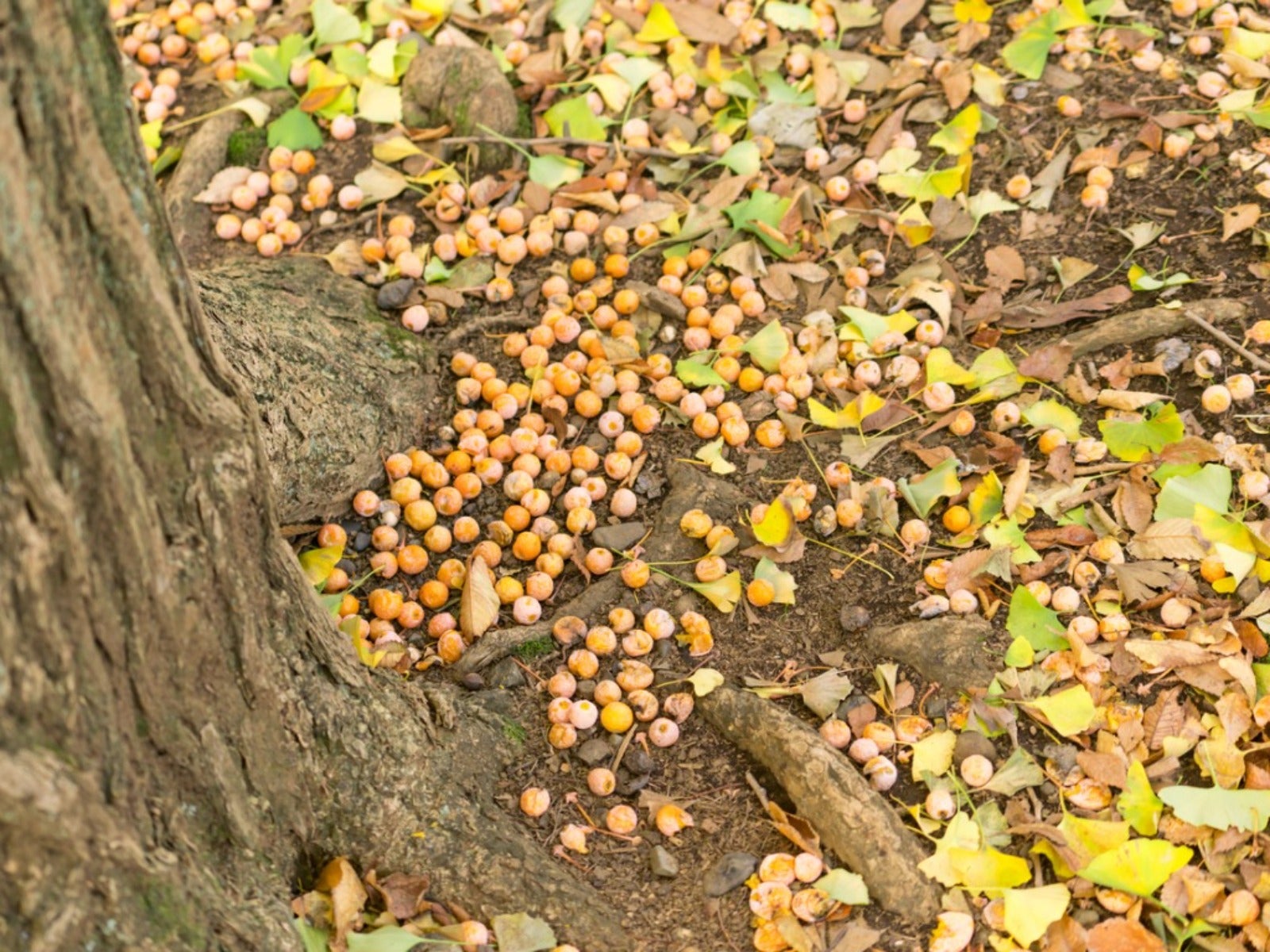 Messiest Trees That Drop Debris Everywhere
Messiest Trees That Drop Debris EverywhereWant to know which trees will create the biggest messes in your home landscape? Click here to find out.
By Amy Grant
-
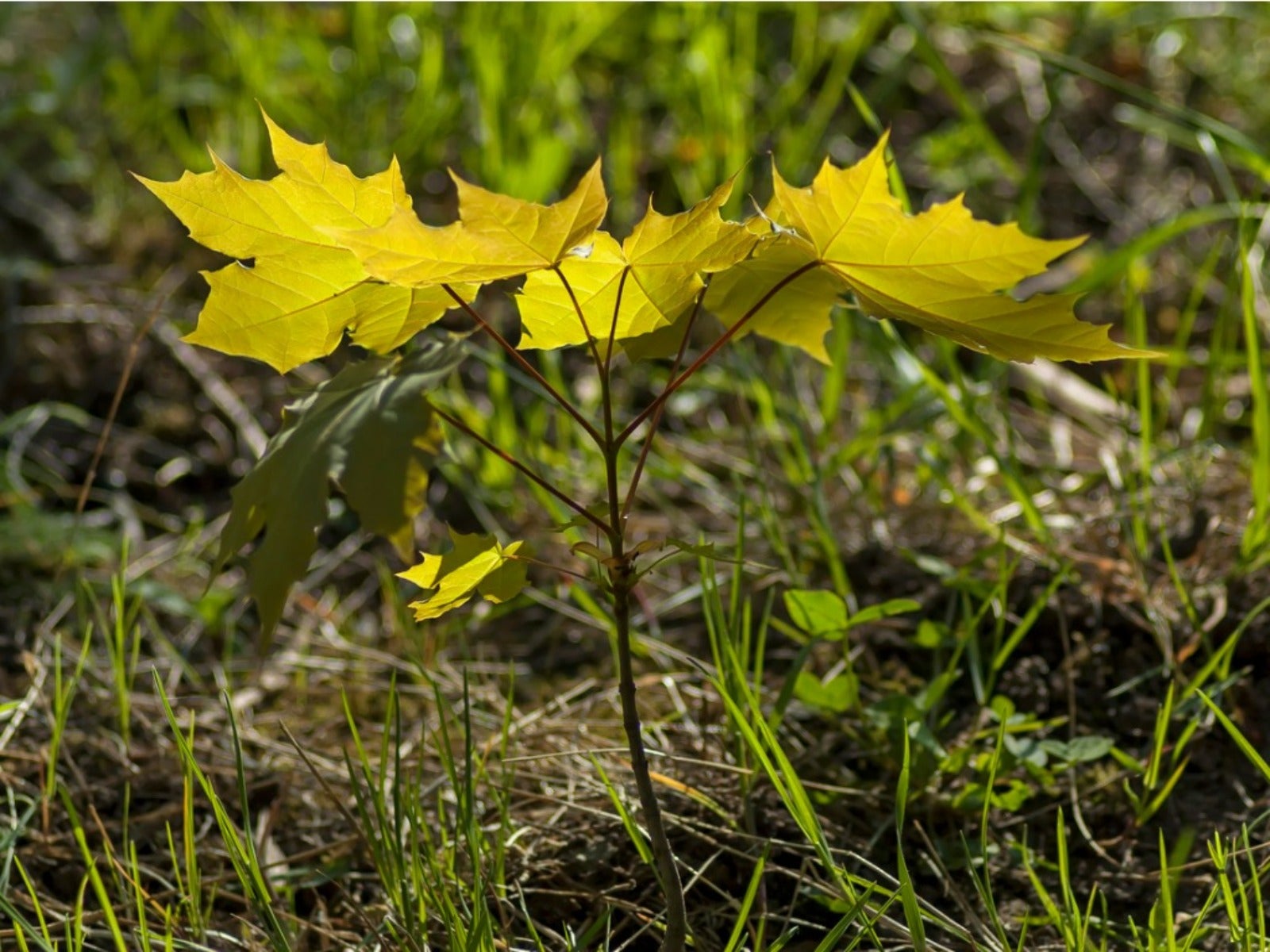 How To Get Rid Of Tree Sprouts In The Yard From Nearby Trees
How To Get Rid Of Tree Sprouts In The Yard From Nearby TreesLearn the simple way to keep pesky tree seedlings in your lawn from becoming saplings.
By Teo Spengler
-
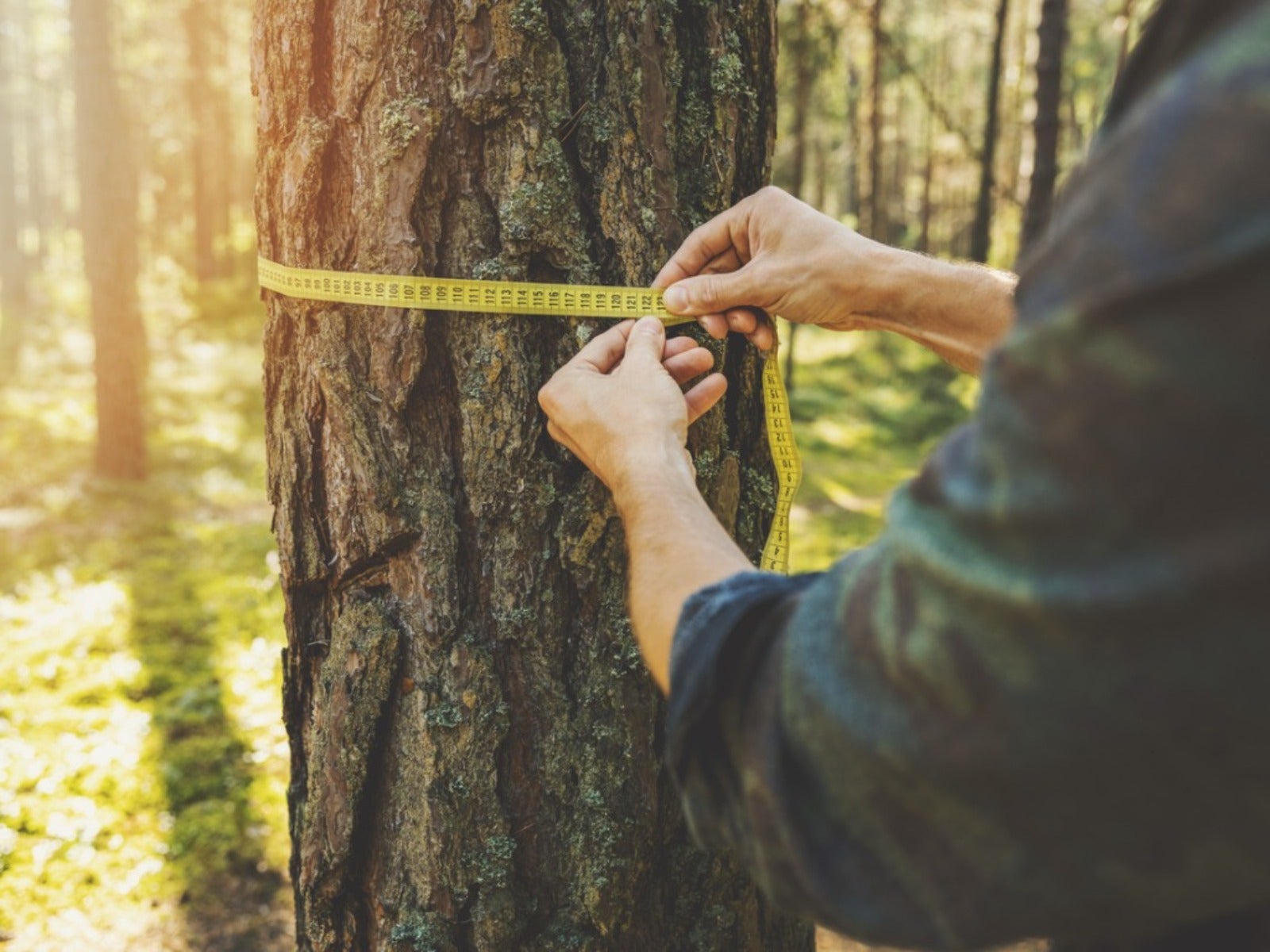 How To Tell How Old A Tree Is
How To Tell How Old A Tree IsEver wondered how to calculate the age of a tree? Click here to learn all about it.
By Teo Spengler
-
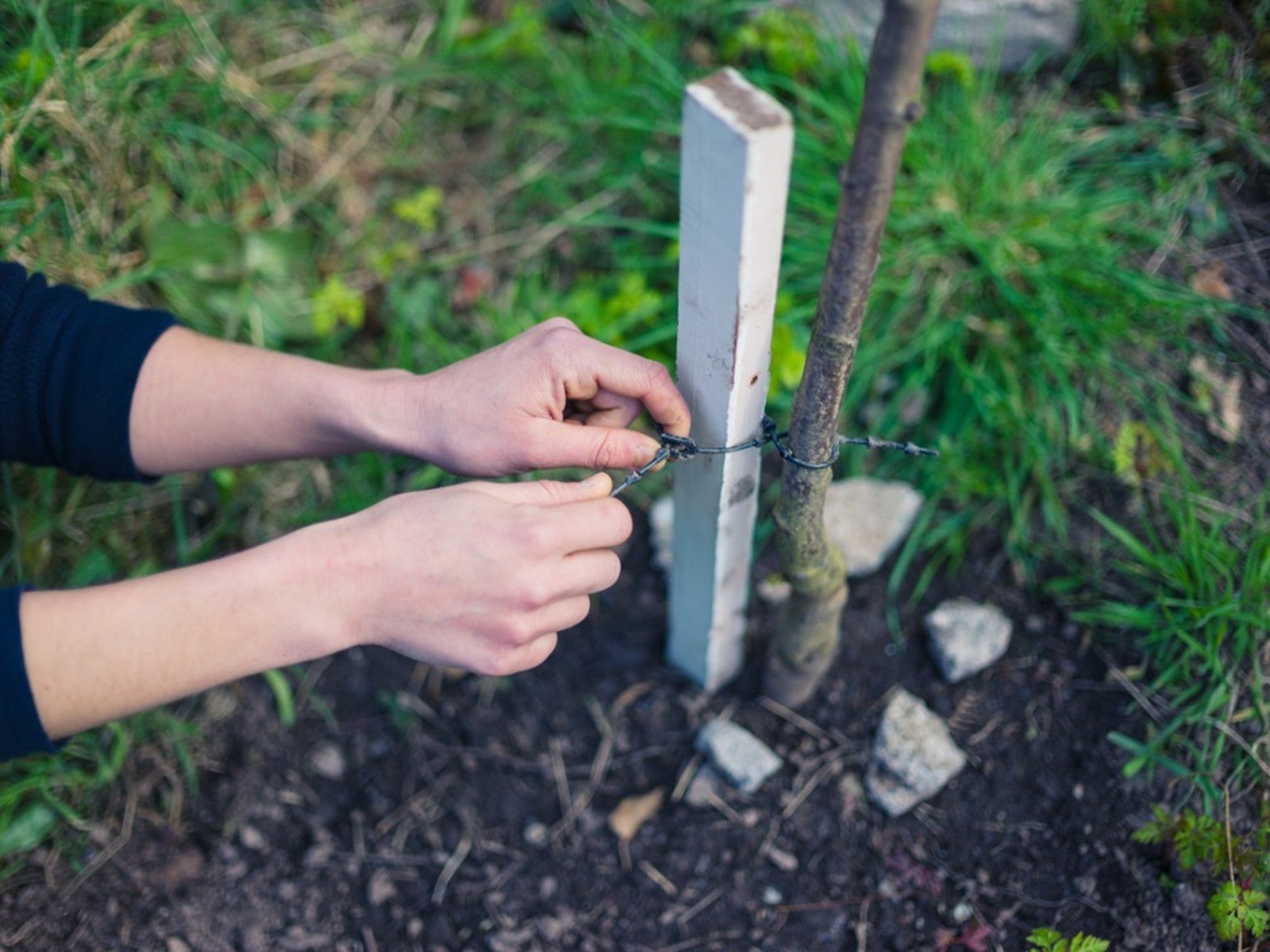 When To Remove Tree Stakes From Saplings
When To Remove Tree Stakes From SaplingsA newly planted tree may grow strong when it’s staked, but don’t forget to remove the stakes when it’s stable.
By Teo Spengler
-
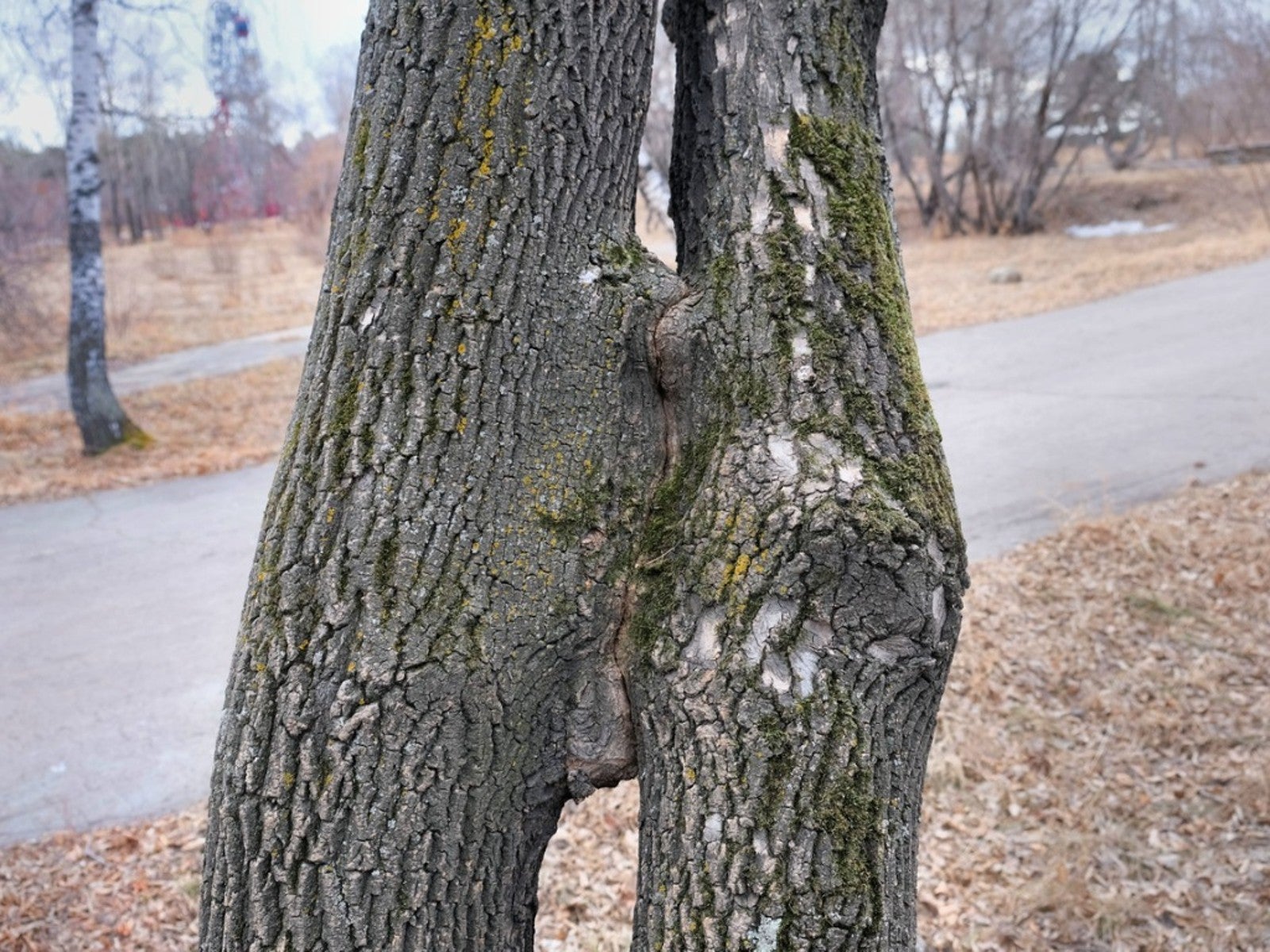 Inosculation And Trees Growing Together
Inosculation And Trees Growing TogetherIf you ever see two trees that have bonded and grown together, read here to learn why and how it happens.
By Teo Spengler